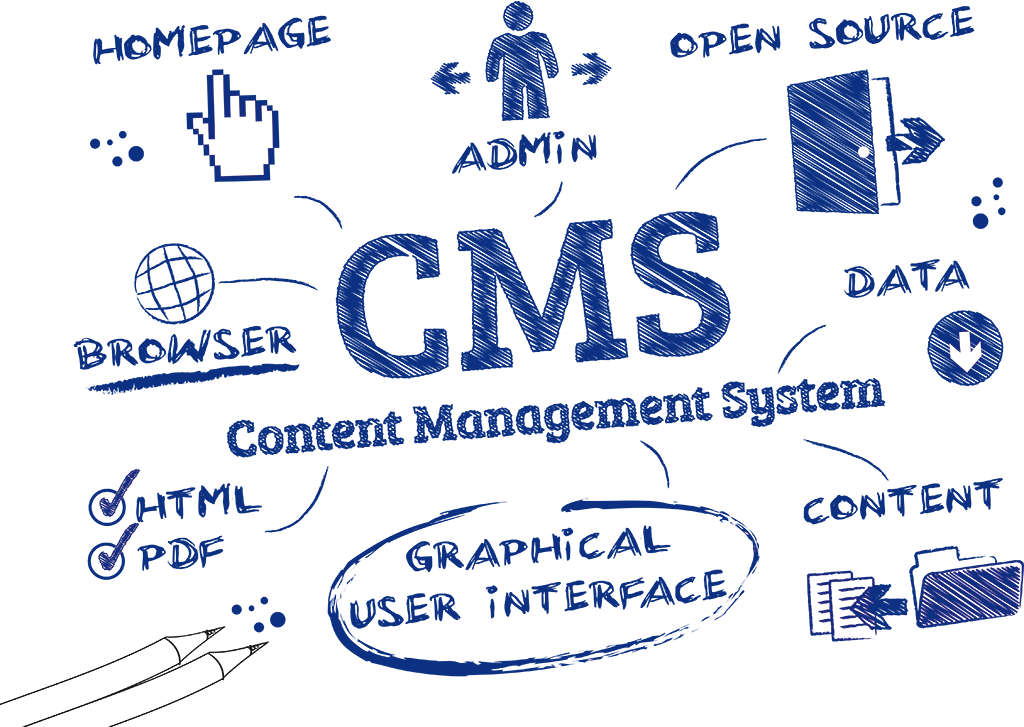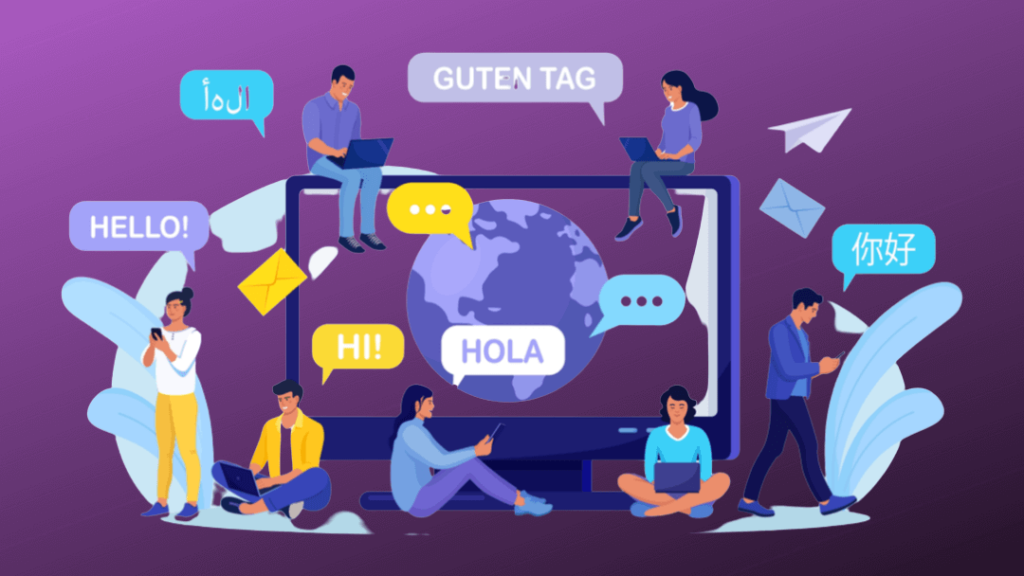In today’s digitally interconnected world, establishing an online presence is paramount. When it comes to catering to a global audience, multilingual websites become essential. In this era, where artificial intelligence (AI) is a driving force in online experiences, SEO for multilingual websites plays a crucial role in ensuring businesses can effectively reach their international audience. However, implementing SEO for multiple languages is a complex task that requires a keen understanding of international SEO practices.
Best Practices for International SEO
International SEO is the practice of offering optimized website content in various languages, ensuring that users across different regions can access information in their native language. With the help of AI-driven language translation and content optimization tools, businesses can streamline this process, making it more efficient and accurate.
Localized Content Creation
Ensuring accuracy in translations is the cornerstone of international SEO. This goes beyond word-to-word translation. It’s about conveying the same message, sentiment, and emotion in another language. AI-powered translation and content generation tools can assist in achieving these goals efficiently.
Localizing content means adapting it to fit the cultural and societal norms of the target audience, ensuring that it resonates with them. This personal touch, driven by AI-driven content recommendations, boosts engagement rates and fosters trust with your audience.
Choose the Right CMS
The choice of CMS plays a pivotal role in how efficiently you can manage and optimize multilingual content. It’s vital to select a CMS that specifically supports international SEO functionalities. Some platforms offer built-in multilingual support or plugins that simplify translation, optimization, and localization, often with AI-driven features that assist in content adaptation.

Website Structure Decisions
Your website’s structure is a strategic decision. Search engines look at your site’s structure to determine its content and relevance to users. AI-powered algorithms can help analyze and optimize your website structure for maximum visibility and user experience.
- Separate domains: This approach involves having different domains for each language or region (e.g., mysite.fr for France). It offers clear geotargeting but requires more domain maintenance.
- Sub-domains: This structures the content as subdomains on the main site (e.g., fr.mysite.com). It offers flexibility and easy geotargeting.
- Sub-folders: Here, different language contents appear in sub-folders on the primary domain (e.g., mysite.com/fr/). This method is popular for its simplicity and SEO benefits, as all languages benefit from the domain’s authority, with AI-assisted optimizations for each language.
International Hosting Considerations
Having an international host can optimize the experience for your global audience. By hosting your site in or near your target region, you can significantly reduce load times. Faster load times enhance user experience, which is a crucial factor for search engine rankings. Moreover, some search engines might give preference to locally hosted websites for regional searches, with AI-driven algorithms assisting in choosing the right hosting location.
SEO Translation Tips
Effective SEO translation is a meticulous process, and AI tools are indispensable in this aspect. It’s not just about word-to-word conversion but encapsulating the essence and sentiment of the original content.
- Understanding context: AI-driven language models can help understand the context of words or phrases, significantly altering their meaning. For instance, idioms or colloquial phrases might not have direct translations in other languages, and using them incorrectly could confuse or mislead the audience.
- Cultural nuances: AI-driven content analysis can assist in maintaining cultural awareness. Something that’s acceptable or humorous in one culture might be offensive in another. Local customs, values, and traditions can heavily influence how audiences perceive content.
- Localized keyword research: AI-powered keyword research tools can assist in finding the right keywords for each target language. What works in English might not have the same search volume or relevance in French or Japanese. Therefore, conducting keyword research specifically for each target language is crucial.
Multilingual Marketing Campaigns
Multilingual marketing campaigns are a gateway to reaching a diverse global audience. Each country or region has its unique set of values, traditions, and preferences. A successful multilingual marketing campaign, aided by AI-driven marketing analytics, will tailor its content to resonate with each specific audience, considering local holidays, events, and popular culture.
Using international SEO practices, you should optimize content not just for search engines but also for local appeal. This might mean using locally popular platforms or media formats, or even partnering with local influencers with the assistance of AI recommendations.
International SEO ensures that your content is easily discoverable across various regions and languages. This involves optimizing meta tags, using hreflang tags for language targeting, and ensuring that search engines can index content correctly, often with the help of AI-driven metadata optimization.
Challenges and Pitfalls to Avoid
International SEO, while promising vast benefits, also presents its set of challenges. For instance, ignoring local customs or traditions can not only lead to less effective SEO but can also offend or alienate the target audience. AI-powered content auditing can help prevent such cultural insensitivities.
Also, directly translating content can lead to a loss of meaning or context. Moreover, just translating keywords and hoping for similar results is a flawed approach. Each language requires its keyword strategy based on local search trends, and AI-driven keyword analysis can facilitate this.
Finally, while Google is dominant, several other search engines are more popular in specific regions, like Baidu in China or Yandex in Russia. Ignoring these can mean missing out on substantial traffic, and AI-powered search engine optimization tools can assist in optimizing for region-specific search engines.
Final Thoughts
International SEO, when executed correctly, can unlock vast avenues for businesses. The potential growth and outreach achievable with effective international SEO are unparalleled. As the digital landscape evolves, it’s essential to stay updated, ensuring that your multilingual website remains optimized, user-friendly, and ranks high in search results across the globe, with the integration of AI technologies for a more efficient and effective approach.

